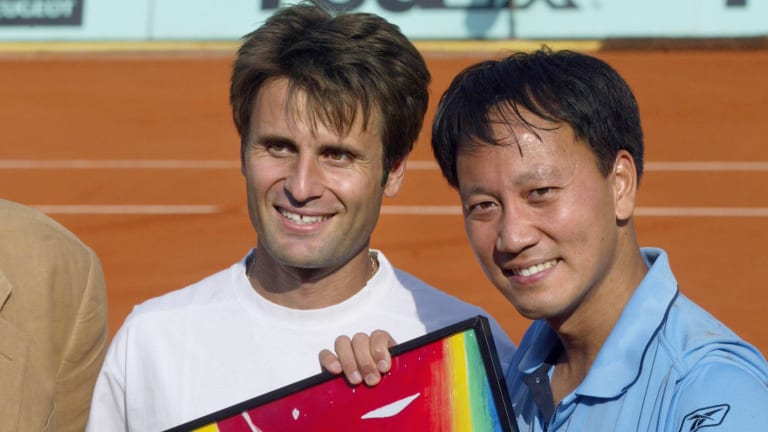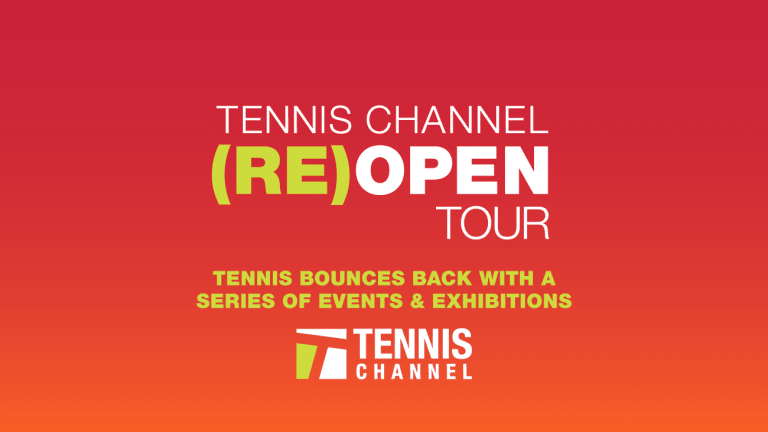Roland Garros
TBT, 1989 French Open: Michael Chang’s mystical, magical moment
By Jun 11, 2020Roland Garros
French Open organizers introduce draw to access ticket sales
By Jan 07, 2025Roland Garros
Coaches Corner: Juan Carlos Ferrero proves essential to Carlos Alcaraz's Roland Garros success
By Jun 14, 2024Roland Garros
What’s next for Novak and Nadal? Four ATP storylines after the Paris fortnight
By Jun 10, 2024Roland Garros
Naomi’s resurgence, Iga on grass: Four WTA storylines after the Paris fortnight
By Jun 10, 2024Roland Garros
Carlos Alcaraz becomes the clay-court champion that he—and we—always knew was possible
By Jun 09, 2024Roland Garros
Coco Gauff wins first Grand Slam doubles title with Katerina Siniakova in dream team debut
By Jun 09, 2024Roland Garros
Coco Gauff is a Grand Slam champion in singles and doubles, exceeding her own expectations
By Jun 09, 2024Roland Garros
From Rafa to Iga: as one owner of Roland Garros departs, a new one has moved in
By Jun 08, 2024Roland Garros
Roland Garros men's final preview: Carlos Alcaraz vs. Alexander Zverev
By Jun 08, 2024Roland Garros
TBT, 1989 French Open: Michael Chang’s mystical, magical moment
Having reached the final feeling an affinity for the contemporary history that was being made in China, Chang entered Court Central attuned to another historic data point: No American man had won the singles title at Roland Garros since 1955.
Published Jun 11, 2020
Advertising

TBT, 1989 French Open: Michael Chang’s mystical, magical moment
© AFP via Getty Images
Advertising
TBT, 1989 French Open: Michael Chang’s mystical, magical moment
Advertising

TBT, 1989 French Open: Michael Chang’s mystical, magical moment